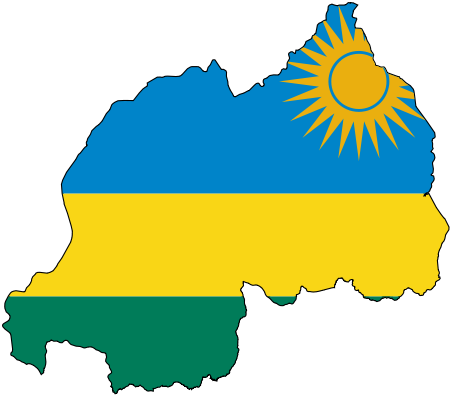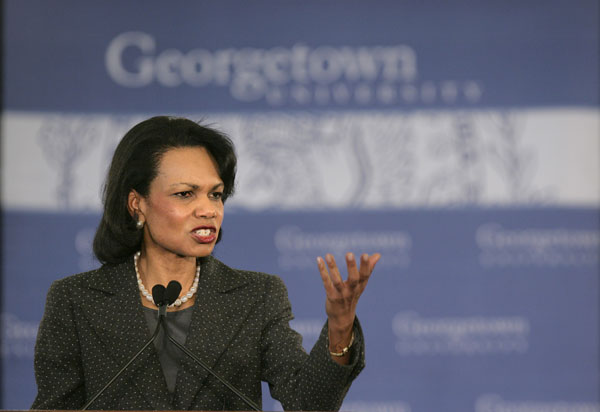Space Technology: The Next Business Frontier
1. Within two months of the project start date:
Form four Working Groups and identify the four key themes/issues that will be discussed during the conclave.
Members will include representatives from leading private sector space technology companies and governmental agencies such as SpaceX, IN-SPACe, NASA, and others.
This will be evidenced by sharing the details with officials of the U. S. Mission in India.
officials.
2. Within four months of the project start date:
Connect the Working Group members to each other and organize at least three virtual meetings of each of the four Working Groups.
At the end of the individual Working Group meetings, organize at least one plenary virtual meeting with all the members of the four Working Groups to create an agenda for the three-day conclave.
Parallelly the project implementer should begin to identify resource persons and speakers with inputs from the various Working Groups and the U. S. Mission in India.
This will be evidenced by the notional schedule created for the three-day conclave including such material being posted/shared by the implementer and the Working Group participants on a digital platform created for this project.
3. Within six months of the project start date:
Host a three-day conclave in Bengaluru, Karnataka for 40 participants from India, the United States, and Indo-Pacific countries as described above.
The applicant must outline an alternate virtual option for the conclave in case health and safety concerns caused by the COVID-19 pandemic do not allow for an in-person event.
4. Within 10 months after the project start date:
Compile a White Paper of the recommendations as the outcome of the conclave, which will include details about the newly formed Indo-Pacific Association for Space Entrepreneurs (IPASE) and its goals and objectives as evidenced by sharing the draft White Paper with officials of the U. S. Mission in India.
5. Within 12 months after the project start date:
Share the approved version of the White Paper widely with stakeholders in the space sector in India, the United States, and Indo-Pacific countries.
Form four Working Groups and identify the four key themes/issues that will be discussed during the conclave.
Members will include representatives from leading private sector space technology companies and governmental agencies such as SpaceX, IN-SPACe, NASA, and others.
This will be evidenced by sharing the details with officials of the U. S. Mission in India.
officials.
2. Within four months of the project start date:
Connect the Working Group members to each other and organize at least three virtual meetings of each of the four Working Groups.
At the end of the individual Working Group meetings, organize at least one plenary virtual meeting with all the members of the four Working Groups to create an agenda for the three-day conclave.
Parallelly the project implementer should begin to identify resource persons and speakers with inputs from the various Working Groups and the U. S. Mission in India.
This will be evidenced by the notional schedule created for the three-day conclave including such material being posted/shared by the implementer and the Working Group participants on a digital platform created for this project.
3. Within six months of the project start date:
Host a three-day conclave in Bengaluru, Karnataka for 40 participants from India, the United States, and Indo-Pacific countries as described above.
The applicant must outline an alternate virtual option for the conclave in case health and safety concerns caused by the COVID-19 pandemic do not allow for an in-person event.
4. Within 10 months after the project start date:
Compile a White Paper of the recommendations as the outcome of the conclave, which will include details about the newly formed Indo-Pacific Association for Space Entrepreneurs (IPASE) and its goals and objectives as evidenced by sharing the draft White Paper with officials of the U. S. Mission in India.
5. Within 12 months after the project start date:
Share the approved version of the White Paper widely with stakeholders in the space sector in India, the United States, and Indo-Pacific countries.
Relevant Nonprofit Program Categories
Obtain Full Opportunity Text:
http://grants.nih.gov/grants/guide/pa-files/PAR-21-176.html
Additional Information of Eligibility:
Other Eligible Applicants include the following: Alaska Native and Native Hawaiian Serving Institutions; Asian American Native American Pacific Islander Serving Institutions (AANAPISISs); Eligible Agencies of the Federal Government; Faith-based or Community-based Organizations; Hispanic-serving Institutions; Historically Black Colleges and Universities (HBCUs); Indian/Native American Tribal Governments (Other than Federally Recognized); Non-domestic (non-U.S.) Entities (Foreign Organizations); Regional Organizations; Tribally Controlled Colleges and Universities (TCCUs) ; U. S. Territory or Possession.
Full Opportunity Web Address:
http://grants.nih.gov/grants/guide/pa-files/PAR-21-176.html
Contact:
Agency Email Description:
ChennaiPASG@state.gov
Agency Email:
Date Posted:
2021-03-19
Application Due Date:
Archive Date:
2021-06-17
Social Entrepreneurship
Spotlight
Rwanda as Social Entrepreneur Fund Beneficiary

The Republic of Rwanda has been picked as one of the six African countries as beneficiaries for a new fellowship fund program designed at supporting social entrepreneurs in tackling issues on food security.

